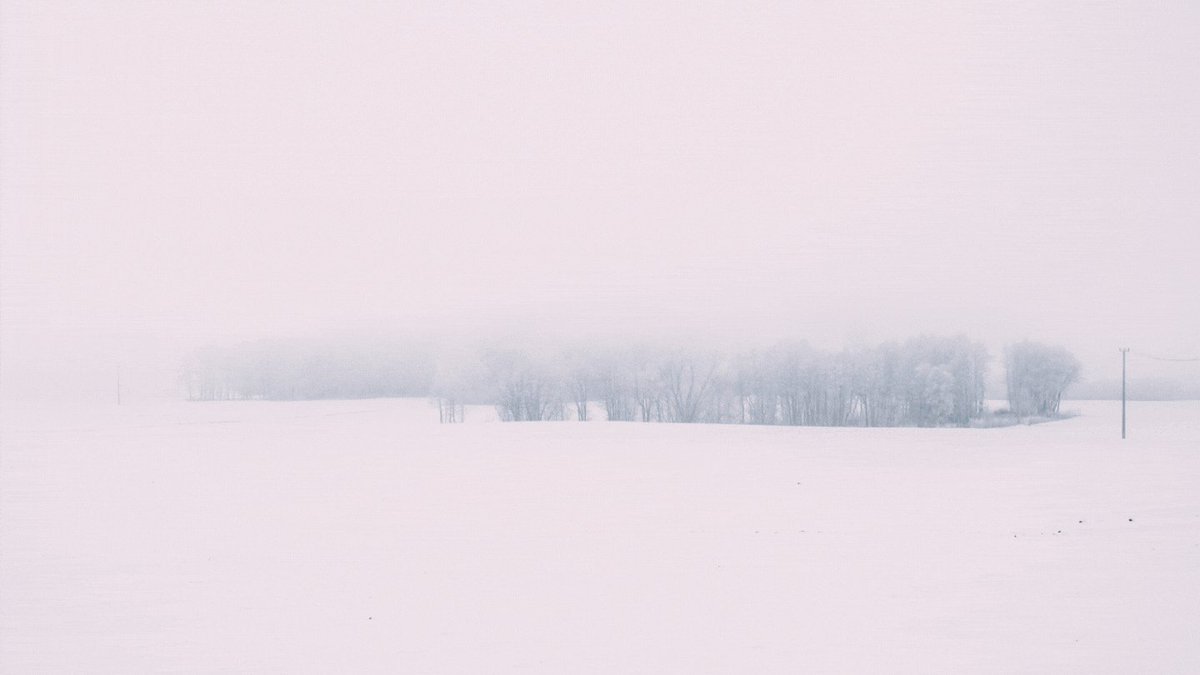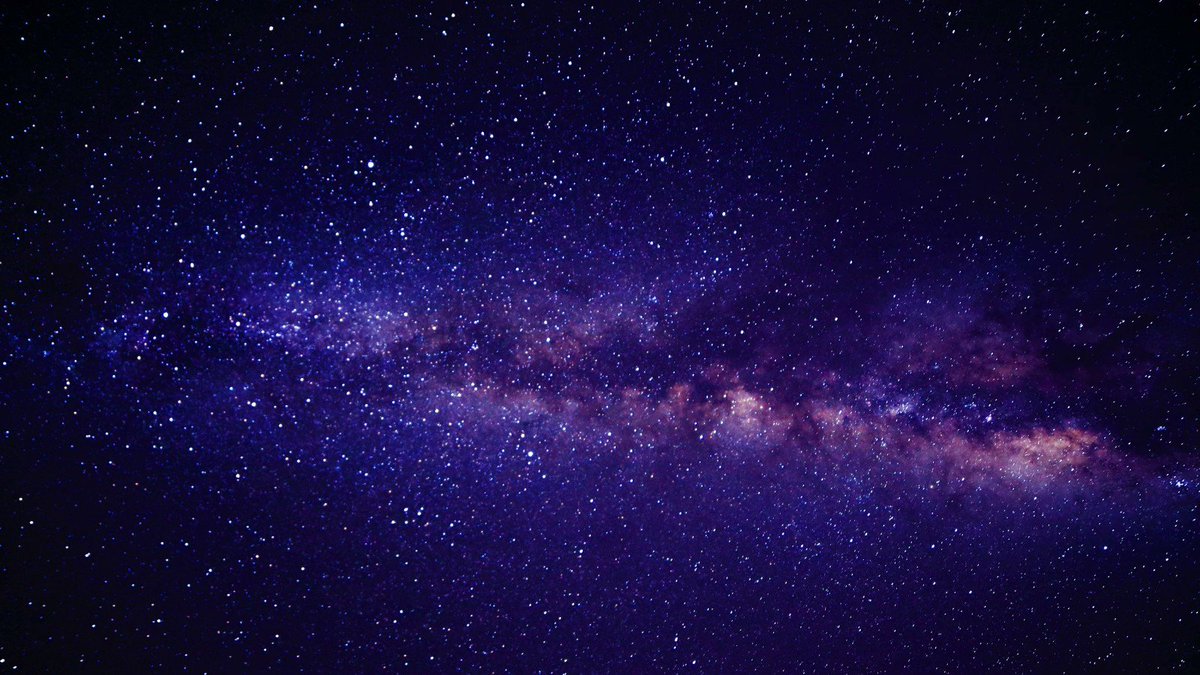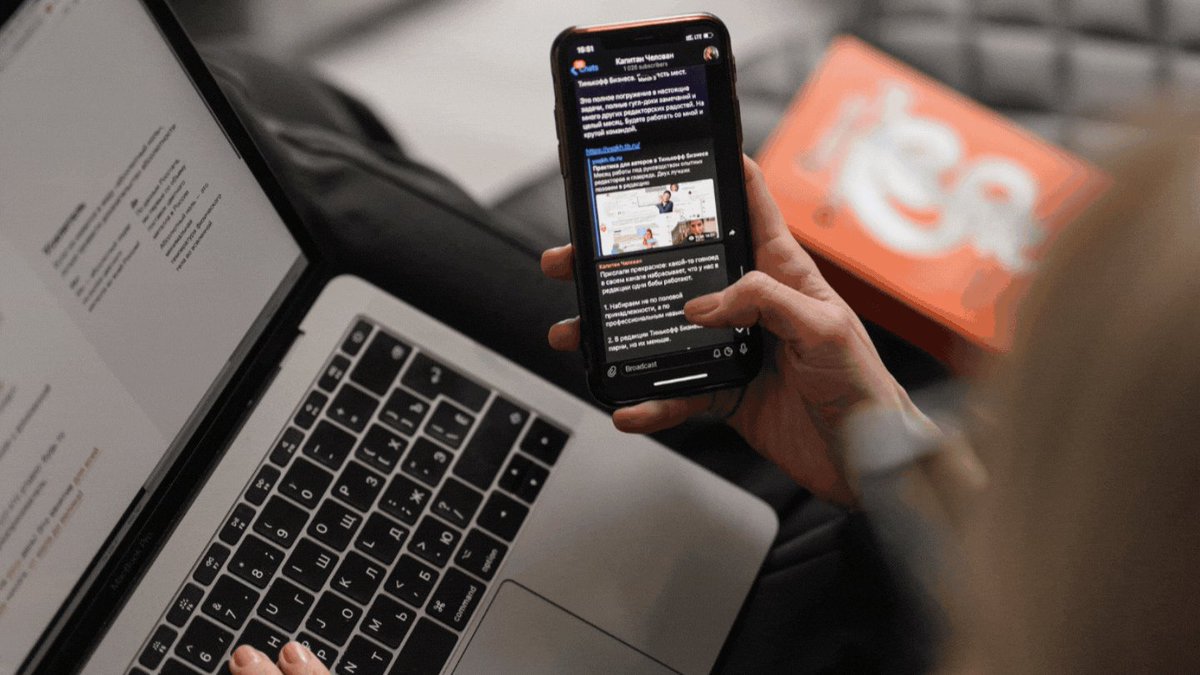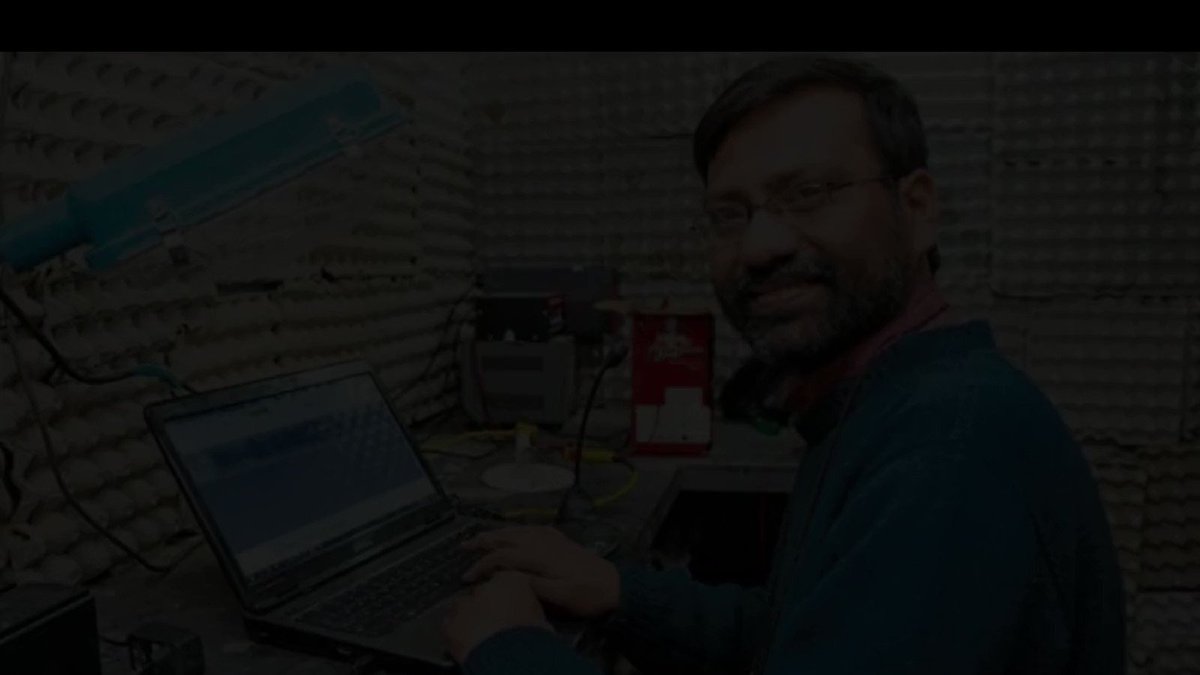Apoorva Jha
6:00
6:00
6:03
6:04
6:05
6:07
6:09
6:11
6:11
6:13
6:14
6:15
6:17
6:19
6:21
6:23
6:24
6:29
6:31
6:32
6:33
6:34
6:35
6:36
6:38
6:40
6:42
6:44
6:46
6:46
6:48
6:49
6:50
6:52
6:55
6:56
6:58
6:59
7:02
7:05
Connecting…












